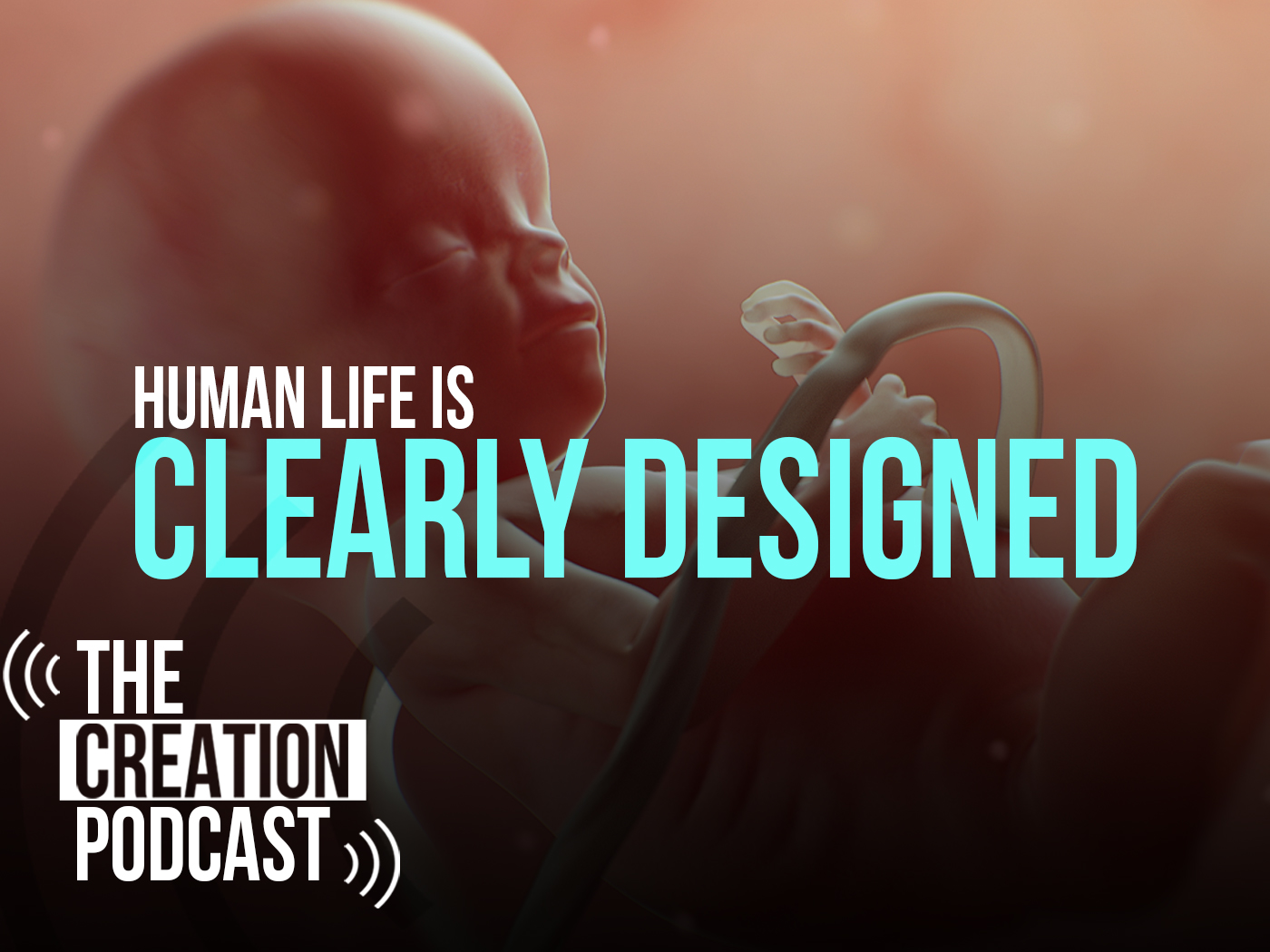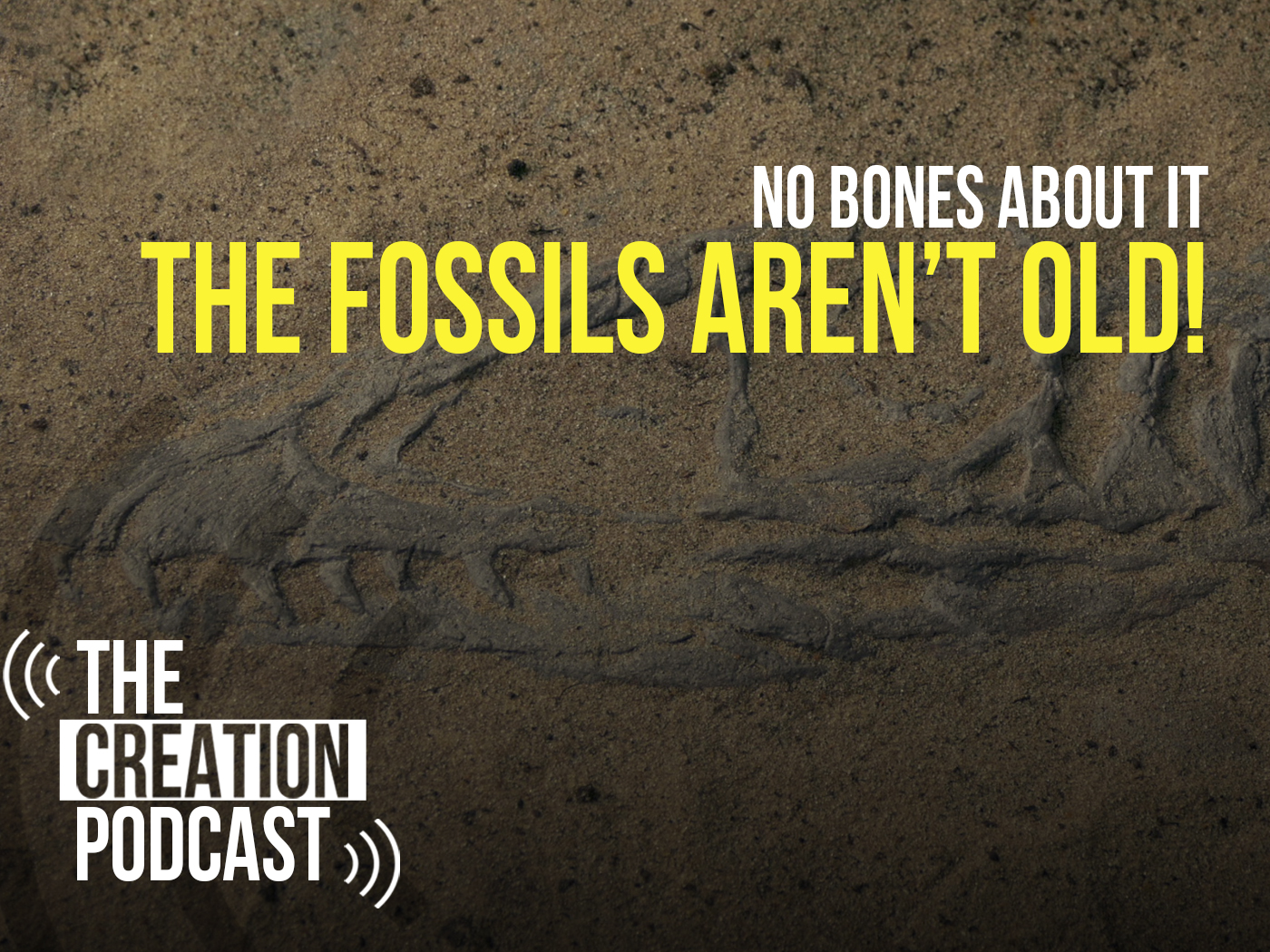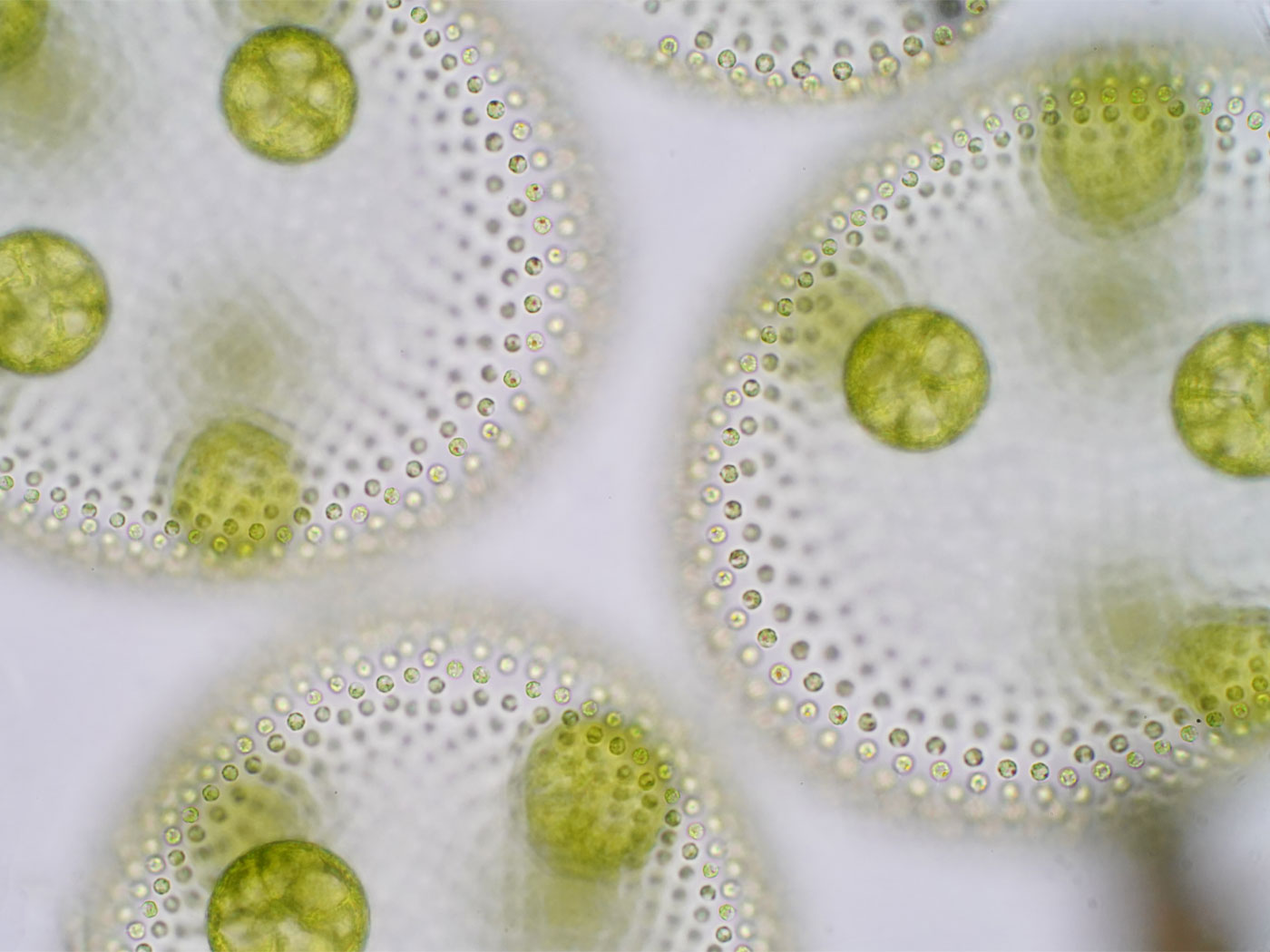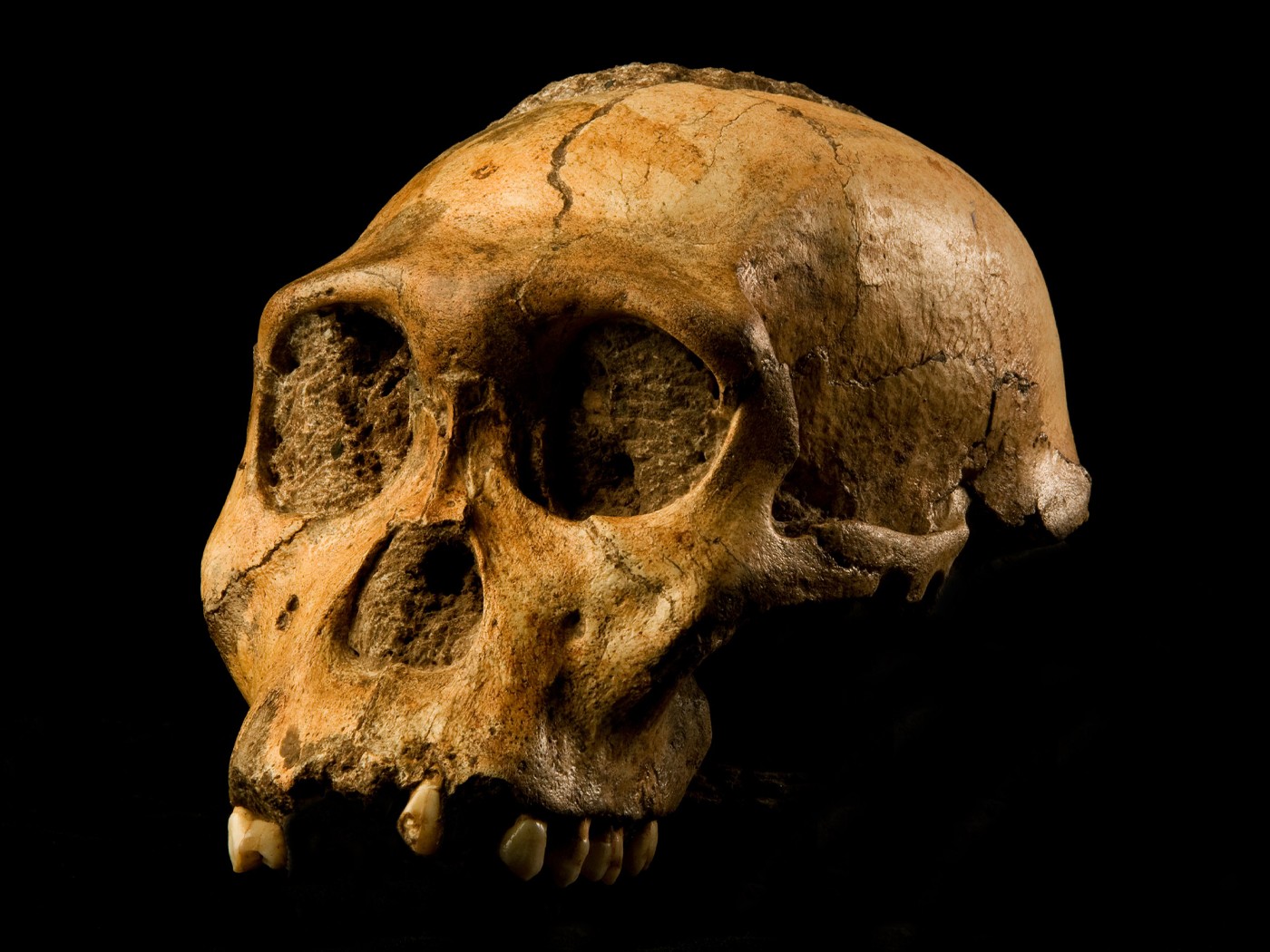A hundred and fifty years ago, most biologists believed that cells were "simple" blobs of protoplasm. This made Darwinian evolution easier to accept, since all nature would have to do to make a new creature is accidentally adjust a collection of rudimentary parts from an old one.
But this 19th-century perception of biological simplicity predated the discovery of DNA, a precisely structured molecule packed with the genetic language necessary to replicate and sustain life. Evolutionary thought tried to accommodate this newly discovered complexity by developing the proposal that most DNA is nonfunctioning "junk," and therefore available for natural processes to alter and shape into new, useful forms.
But a recent news feature in the scientific journal Nature again scuttles evolutionary attempts to explain biology in purely naturalistic terms. Titled "Life is complicated," the article summarized discoveries from the last decade that shatter the notion that anything in living cells is simple. Recent investigations have focused on one of the most complicated aspects of cells--gene regulation. Like any product, specifying and manufacturing a gene is much easier than specifying which, when, how often, and how much should be produced.
In the Nature article, author Erika Check Hayden cited the 1997 edition of the authoritative textbook Genes VI, which confidently described the then-latest scientific understanding of gene regulation:
The crux of regulation is that a regulator gene codes for a regulator protein that controls transcription by binding to particular site(s) on DNA.1
However, "just one decade of post-genome biology has exploded that view," according to Hayden. "Few predicted, for example, that sequencing the genome would undermine the primacy of genes by unveiling whole new classes of elements--[DNA] sequences that make RNA or have a regulatory role without coding for proteins."2
Joshua Plotkind of the University of Pennsylvania in Philadelphia told Nature, "Just the sheer existence of these exotic regulators suggests that our understanding about the most basic things--such as how a cell turns on and off--is incredibly naïve."2
The existence of elaborate yet robust regulatory mechanisms is one thing, but their ubiquitous prevalence throughout DNA further highlights the depth of ignorance among biologists even just ten years ago.
Cellular interactions are now understood to be a network so complicated that some biologists doubt that it will ever be fully deciphered. As knowledge of the informational structures in living cells increases, naïve notions of biological simplicity diminish. But with each layer of ignorance that is peeled away by scientific discovery, there are fewer "simple" places where the ever-more-complicated story of big-picture evolution can hide.
Changing one life form into another sounds easy if all that is required is tweaking a few genes.3 But the truth is that just one change in either the gene or non-gene areas (which is to say almost any area) of DNA can produce a myriad of downstream and/or upstream effects for diverse functions--such as embryonic development and daily cellular "housekeeping" tasks.
It's quite clear that evolution would involve so many, so diverse, and yet such specific genetic alterations along the way that the resulting string of events would be so unlikely as to be almost indistinguishable from a miracle.
References
- Lewin, B. 1997. Genes VI. Oxford, NY: Oxford University Press, 336.
- Hayden, E. C. 2010. Human genome at ten: Life is complicated. Nature. 464: 664-667.
- Tomkins, J. 2009. Tweaking the Genetic Code: Debunking Attempts to Engineer Evolution. Acts & Facts. 38(12): 12-13.
* Mr. Thomas is Science Writer at the Institute for Creation Research.
Article posted on May 5, 2010.
















